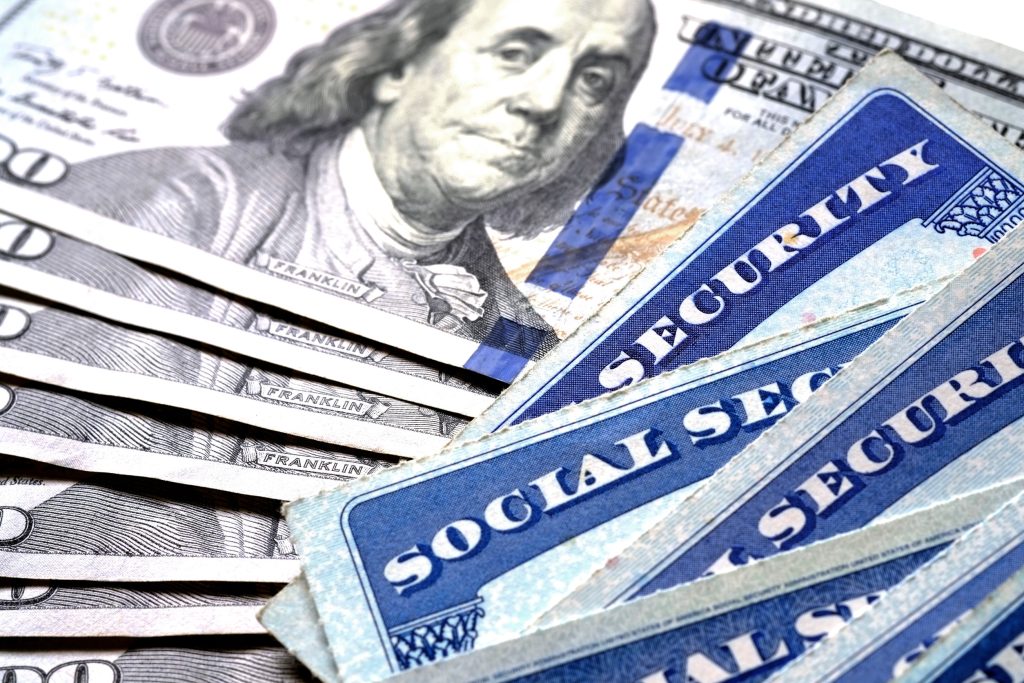
Image Source: pexels.com
Many Baby Boomers pride themselves on their financial savvy, but even the most careful among us can fall into the trap of paying for outdated services. As technology and consumer habits evolve, some expenses that once made sense are now quietly draining bank accounts. If you’re a Boomer—or you have one in your life—it’s worth taking a closer look at these lingering costs. Cutting them can free up cash for more meaningful experiences, investments, or even just a little extra fun. Let’s break down the most common outdated services Boomers are still paying for, and how to break free from them.
1. Landline Phones
Landline phones were once a household staple, but today, most people rely on their cell phones for all communication needs. Yet, many Boomers continue to pay for landline service out of habit or a sense of security. The reality is that cell phones offer the same emergency access, and most plans include unlimited calling. Dropping the landline can save hundreds of dollars a year. If you’re worried about emergencies, consider a basic cell phone with a simple plan as a backup. For those who need a home phone for medical alert systems, there are now wireless options that don’t require a traditional landline.
2. Cable TV Packages
Cable TV used to be the only way to access a wide range of channels, but streaming services have changed the game. Many Boomers still pay for expensive cable packages, even though they only watch a handful of channels. Streaming platforms like Netflix, Hulu, and YouTube TV offer more flexibility and often cost much less. Cutting the cord doesn’t mean giving up your favorite shows; it just means paying only for what you actually watch. For those who love live sports or news, there are streaming bundles that cover these needs at a fraction of the price. Pew Research Center reports that streaming has now overtaken cable in the U.S., making it a smart time to reconsider your options.
3. Print Newspaper and Magazine Subscriptions
There’s something nostalgic about flipping through a physical newspaper or magazine, but the cost adds up quickly. Most publications now offer digital versions that are cheaper, more environmentally friendly, and accessible anywhere. Boomers who still pay for print subscriptions may not realize how much they could save by switching to digital. Plus, digital subscriptions often come with bonus content, archives, and interactive features. If you miss the feel of paper, consider limiting yourself to one favorite print subscription and moving the rest online.
4. Outdated Antivirus Software
Many Boomers continue to pay annual fees for antivirus software that’s no longer necessary or effective. Modern operating systems, such as Windows and macOS, come with built-in security features that are regularly updated. There are also reputable free antivirus programs that offer solid protection. Paying for outdated or redundant software is an easy expense to cut. Instead, focus on keeping your system up to date and practicing safe browsing habits.
5. Physical Checks and Check Printing Services
While checks were once essential for paying bills and rent, most transactions are now handled electronically. Many Boomers still order physical checks and pay for check printing services, even though online banking and digital payment apps are faster, safer, and often free. If you rarely write checks, consider switching to online bill pay or apps like Zelle and Venmo. Not only will you save money on check orders, but you’ll also reduce the risk of lost or stolen checks.
6. Extended Warranties on Small Appliances
Extended warranties can seem like a smart way to protect your purchases, but they’re often unnecessary, especially for small appliances. Most products come with a manufacturer’s warranty, and the cost of repairs or replacement is usually less than the price of the extended coverage. Boomers who routinely buy these warranties may be spending more than they save. Instead, set aside a small emergency fund for unexpected repairs, and skip the extra coverage unless it’s for a major purchase.
7. Premium Bank Accounts with Monthly Fees
Many banks offer premium accounts with features like free checks, travel insurance, or higher interest rates. However, these perks rarely justify the monthly fees, especially when many online banks offer no-fee accounts with competitive benefits. Boomers who opened premium accounts years ago may not realize how much the banking landscape has changed. Review your account features and consider switching to a no-fee option that meets your needs.
8. DVD and CD Club Memberships
Physical media clubs were once a great way to build a movie or music collection, but streaming services have rendered them obsolete. Some Boomers still pay for DVD or CD club memberships, even though they rarely use them. Streaming services offer instant access to vast libraries of music and movies for a low monthly fee. If you have a collection you love, keep it—but there’s no need to keep paying for new discs when digital options are so much more convenient.
Rethink, Reclaim, and Reinvest
Paying for outdated services is more common than you might think, especially for Boomers who value routine and reliability. But every dollar spent on an unnecessary service is a missed opportunity to invest in something more meaningful—whether that’s travel, hobbies, or simply peace of mind. Take a close look at your monthly expenses and ask yourself if each one still fits your lifestyle. By letting go of outdated services, you can reclaim your financial freedom and reinvest in what truly matters.
Have you found yourself paying for any of these outdated services? What changes have you made to cut unnecessary costs? Share your experiences in the comments below!
Read More
Why You Should Never Link Your Bank Account to These 5 Services
Streamlining Financial Services With Loan Origination Software

Travis Campbell is a digital marketer/developer with over 10 years of experience and a writer for over 6 years. He holds a degree in E-commerce and likes to share life advice he’s learned over the years. Travis loves spending time on the golf course or at the gym when he’s not working.








